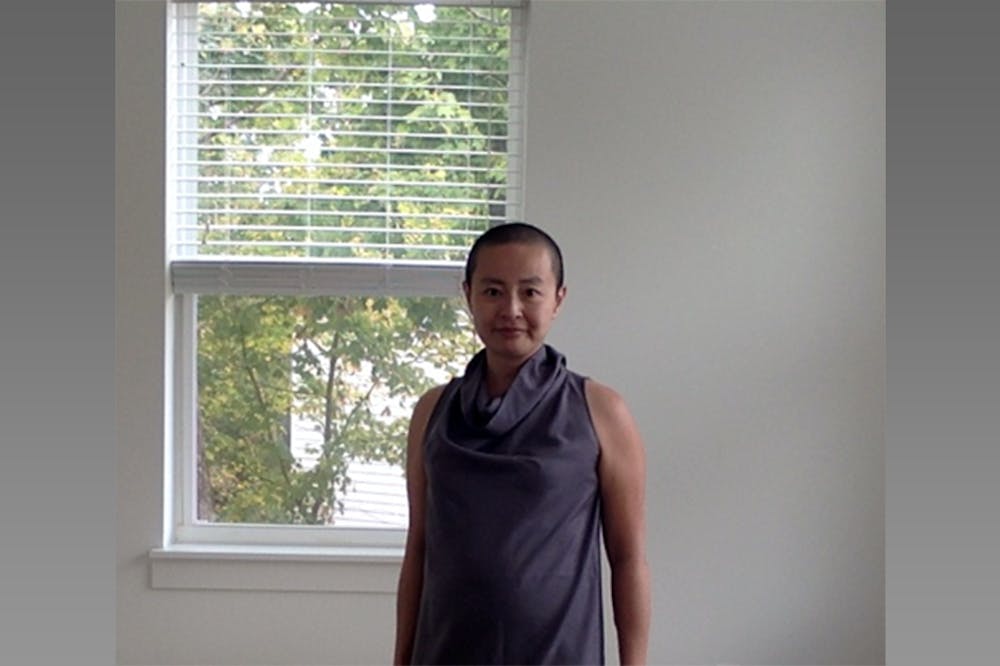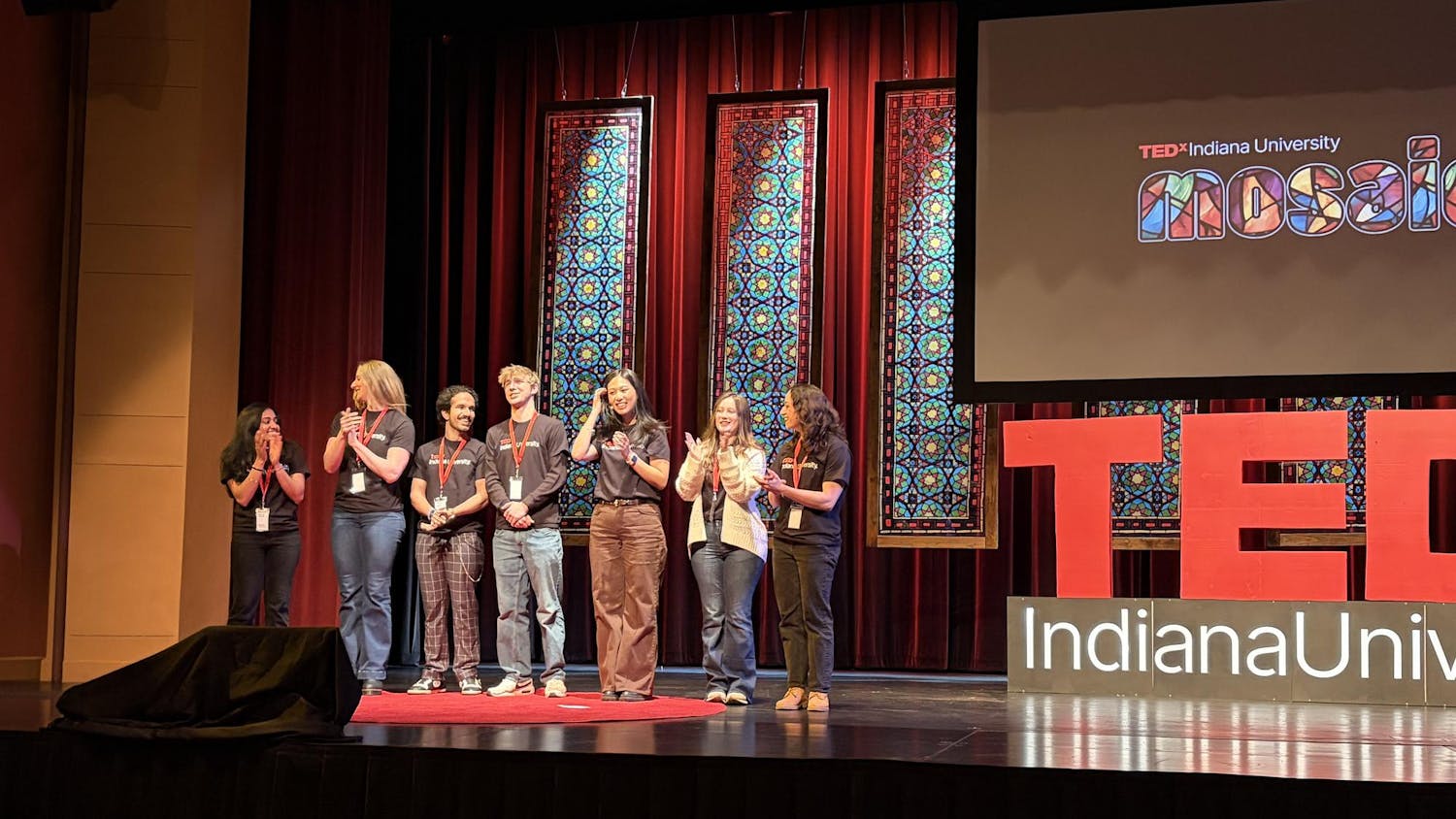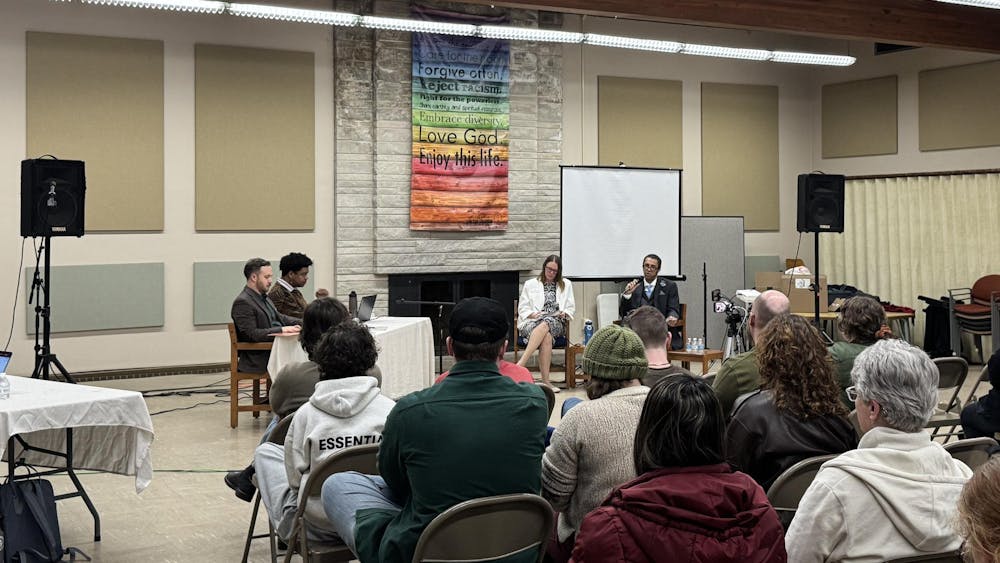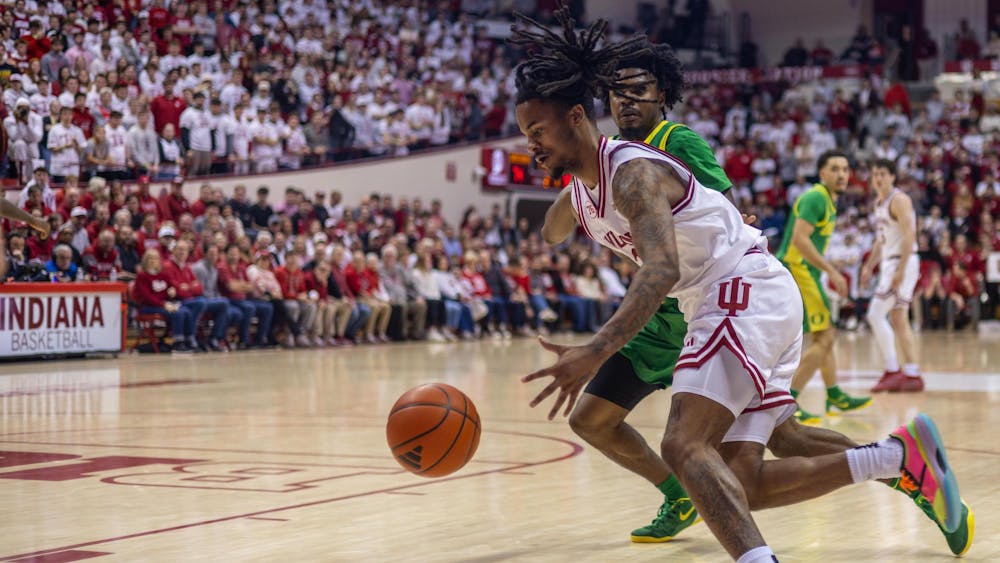On Jan. 11, an Asian American IU student was stabbed multiple times on a Bloomington city bus by another passenger. The assailant later admitted to targeting the student because of her race. I am a professor at IU who researches and teaches Asian American cultural studies. I am also an Asian American person myself. It is an identity I’m proud of.
Of immediate importance is the healing and recovery of the student who was attacked. I am heartened by the show of cross-racial solidarity from Black, Latinx, Indigenous and white colleagues, students and community members at numerous meetings since then. A large amount of frustration remains as we find ways forward.
We need to press the university and the City of Bloomington for more urgent and sustained action responding to this act of violence. Certainly, we need more resources and attention devoted to redressing anti-Asian racism and racism of all types. However, I want also to stress that this horrible event goes beyond the state of this society in the age of COVID-19 and the U.S.’ increasingly strained relations with some Asian countries, especially China.
We should discuss the strained relationship between universities and the cities where they are located. Tensions between IU and the City of Bloomington have been brewing for a long time. This situation is not specific to us, of course. Countless other institutions of higher education have troubled relationships with their local residents, which tends to arise when socioeconomic class and/or racial lines divide the university and the neighborhoods that surround it.
At IU, there are far fewer dormitory rooms than there are students enrolled. Historically, the university has relied on the city’s housing market to accommodate its students. The housing crunch in Bloomington has increased in recent decades with the expansion of the university’s student body.
Housing developers and the banks that finance them have capitalized on this opportunity. Instead of affordable housing, the City of Bloomington now has numerous high-end apartments. Long-time residents have been forced to devote a larger percentage of their income to rent. Many have been displaced to one of the less expensive suburbs, which has driven up costs of living there, too. The city’s unhoused population has increased.
City and municipal governments pour resources into surveillance and policing instead of social services that support the most vulnerable. In December 2022, the Bloomington City Council voted to allocate $29.5 million toward a new police headquarters. Earlier last year, officials in Monroe County, where Bloomington is located, greenlighted $10 million for the construction of a new prison on the outskirts of the city.
Meanwhile, IU is not known among Bloomington residents as a good employer. Food service and custodial staff are underpaid and overworked. The university sees the city and its surroundings as little more than a source of cheap labor.
These conditions have created enormous resentment that has rightfully been directed at the university. Anyone who has studied the past knows that in times of desperation, the powder keg of resentment finds a scapegoat. There is a long history, stretching back almost 200 years, of people of Asian descent among others serving this role in the U.S.
Certainly, I am in no way excusing the actions of the assailant. I join countless others in condemning it and recognizing that many resentment-filled people do not blame scapegoats and do not resort to violence. However, we need to caution against assigning individual blame to this person.
If a court of law tries and convicts the perpetrator and sentences her to a lengthy term behind bars, we might for a moment feel relief about justice served. However, the conditions in Bloomington — in large part created by the university, the private sector, and local government — will still remain.
I urge IU and all institutions of higher education with strained town relations to look inwards. I urge school officials to rectify their past and present actions that have made where we learn and work unsafe and unjust. We can begin by breaking ground on new dormitories. We can compensate workers with a thriving wage. We can press elected officials to make better decisions. We need to make the towns where we’re located a safer and more dignified place to live for everyone involved.
Cynthia Wu is a professor of gender studies and Asian American studies at IU. She is also the director of the Program in Race, Migration, and Indigeneity.






